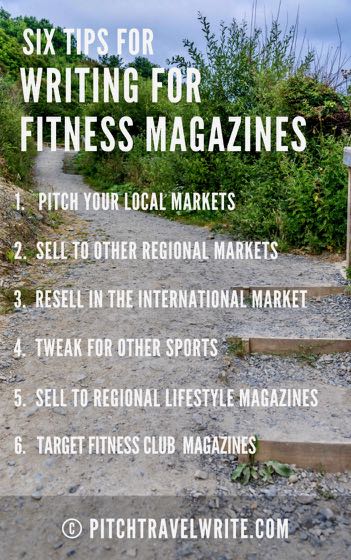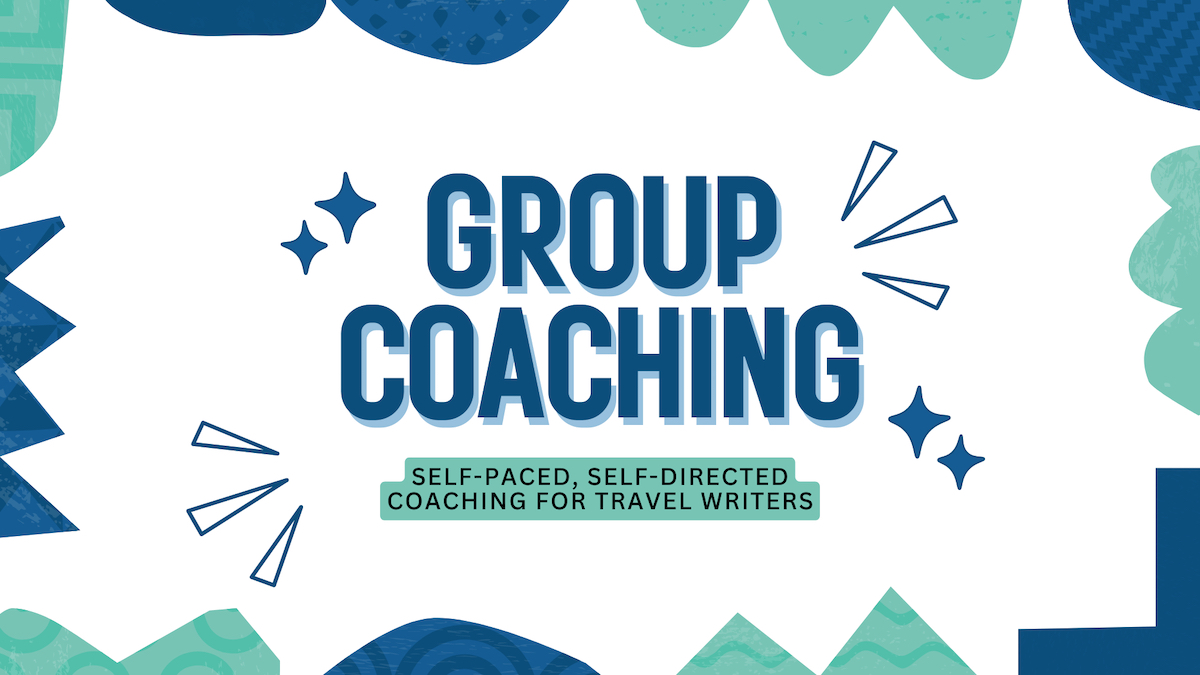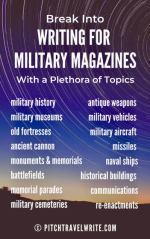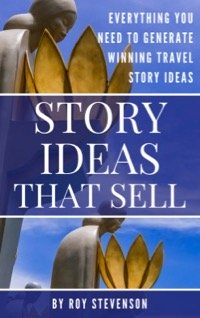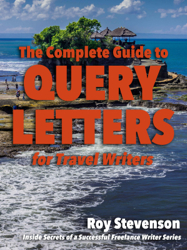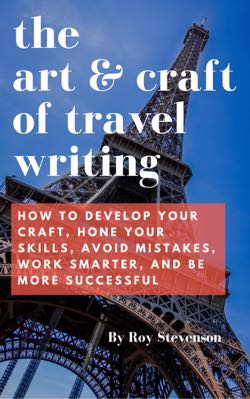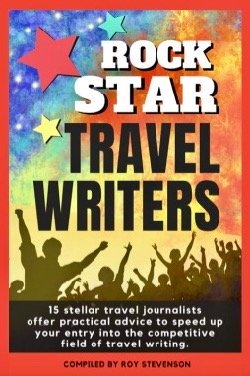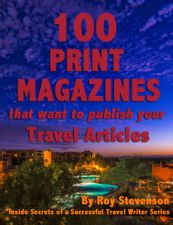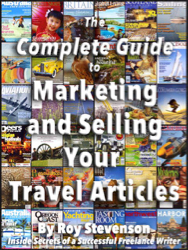Writing for Fitness Magazines
By Roy Stevenson
Next time you’re in your local bookstore have a look at the running and fitness magazines. You’ll see a vast array of magazines in these genres, living proof of North America’s ever increasing preoccupation with running and fitness. And you can break into freelance writing for these magazines with some good planning.
As a previous exercise science professor, I’ve used the fitness and running magazine markets to provide the “bread and butter” income from my freelance writing career. I’ve been published over 200 times in 58 different running, fitness, and multi-sports magazines and websites in the past 29 months, in seven countries. I’ve even managed to establish regular or semi-regular work with 17 of them.
There are several areas that the running and fitness writer can break into:
- Regional fitness and sports magazines
- National blockbusters, like Men’s Fitness, Fitness Rx for Women, and Muscle and Fitness, and their overseas counterparts
- Multi sports magazines
- Regional lifestyle magazines
Freelance writing for fitness and running magazines can be very lucrative, especially the top shelf periodicals. But they are hard to break into, so you have to go about it the right way. You need to know a few tips and strategies to work your stories into the top echelon fitness magazines.
How to Get Started
Here are some freelance writing techniques that I used to eventually break into the top shelf fitness magazines:
1. Start by pitching your local markets.
Almost every city has or regional running, fitness, and multisports magazines. You’ll have to be patient when freelance writing for regional magazines because they don’t pay particularly well ($50-$150 per story). I’ve even written a few articles for free when I was getting started.
Remember, your objective is to build up a good number of solid regional bylines. No national fitness magazine is going to consider your stories until you’ve proven yourself in the regional arena.
2. Sell to Other Regional Magazines.
While the pay is modest from regional running and fitness magazines, you can do well by selling these articles to other regional running and fitness magazines. Because regional magazines do not overlap in circulation, you can simultaneously sell your stories to as many of them around the country as you can convince to buy them. And you don’t have to stop there.
3. Look Into the International Market.
I’ve resold many of my running and fitness stories to magazines in Canada, England, Scotland, Ireland, Australia, and New Zealand. You’ll be surprised at how your income can rise to a respectable total by the time you’ve sold your story a dozen times.
I’ve been published in 26 regional and 12 international magazines, and made over $2,000 for the same story numerous times. And, as a bonus, many of these magazines now regularly take my work.
Remember, the golden rule is that if the magazine circulations do not overlap, any magazine anywhere in the world is fair game (unless, of course, a magazine buys exclusive rights). International bylines also look very impressive in your portfolio when you pitch your stories to the top shelf fitness and running magazines in the U.S.A. and around the world.
4. Tweak Your Story for Other Markets.
Here’s another trick that has made me some good money from fitness and running articles. When you dream up topics for running or fitness magazines, always consider their transferability to another related field. Ask yourself, is this topic generic enough for you to tweak for a slightly different market?
Using fitness topics that can cross from sport to sport is a very time efficient way of freelance writing. Instead of writing a new article for each sports and fitness magazine, you’ve got one story that you can change around a little, insert some new information where appropriate, and then peddle to different magazines in a variety of sports.
Here are a couple of examples:
- I’ve sold an article about overtraining a dozen times to running, fitness, and multisports magazines in 6 countries for over $2,000.
- Another article about off-season conditioning sold well to 8 running, kayaking, and climbing magazines in 4 countries, for $1300.
The basic introduction to each of these articles was the same, and I simply tweaked the exercise content for each sport.
5. Target Regional Lifestyle Magazines.
Don’t forget about regional lifestyle magazines. Many of them have health and fitness sections for which the editors are desperately looking for good copy.
I’ve written a piece about how to maintain a healthy back for one regional magazine, and am currently working a list of 35 other regional magazines that have health and fitness sections.
6. Check Out Fitness Club Newsletters and Magazines.
Another way to get started, as a novice to fitness freelance
writing, is by contributing to your local fitness club newsletter. The
larger athletic clubs have monthly or quarterly newsletters or even
magazines, and some of them pay for contributions.
Where Do You Get Story Ideas?
Where do you find freelance writing story ideas for running and fitness?
- Editors are always looking for a new approach to training to improve your running. If there’s a new training technique you’ve recently heard about and tried, pitch the story to your local running magazine.
- If your local fitness center has a new fitness class, or the personal trainers there are trying something new, study up on it, do an interview or two, and write it up for your local fitness or multi sports magazine.
- Editors
of multi sports magazines for triathlons, tennis, golf, swimming, and
cycling, etc, need good copy by sports enthusiasts about their
experiences.
- If you have a favorite sport that you are enthusiastic about, and if you study the literature on it, you’ll find plenty of solid story ideas to pitch to your local sports magazine editor.
- Many regional running and sports magazine editors love personality profiles of local runners who have done well in running, or in some other field. A tip here to help your article more saleable— describe how the athlete trains as part of the story.
I’ve found that editors of the big gun fitness and running magazines are generally looking for the same things that the regional editors are seeking: a new approach to running training, or a new technique of weight training or fitness.
Editors are also interested in “softer” articles about running, sports, and fitness personalities, as well as the usual “hard core” technical training stories.
Softer stories that profile a nationally renowned athlete from your town, and how he or she trains, are much sought after by editors.
I broke into Men’s Fitness Magazine with a short story about the training program of a local Seattle Pole Vaulter who was world champion.
With some forethought and systematic planning, you should be able to hit the top shelf fitness and running magazines within 2-3 years, if you apply yourself.
Freelance
writing for multiple regional magazines is as rewarding as seeing your
piece in the larger circulation national magazines.
Where to Find Fitness Magazines to Pitch
How do you track down regional running, sports, and fitness magazines to pitch? Easy. You’ll find them at your local running shoe and sporting goods stores. Also, scour your local newstand like Barnes & Noble racks for regional running, fitness, and multi sports magazines.
You can do an internet search for your city or state with “sports and fitness and running magazines” and you’ll be surprised what pops up.
Writer’s Market and Writer’s Handbook will also give you some good leads.
Once you’ve been published a few dozen times in regional sports, running, and fitness magazines, you’ll have honed your writing skills, gained confidence from being published locally, and have developed a research and reference system for writing your running and fitness articles.
Now it’s time to pitch the big boys: Men’s Fitness, Muscle & Fitness, Fitness Rx For Women, etc. -- there are dozens of them.
But, be warned: your competition will be much tougher because these bigger circulation magazines pay well, from $250-$1,500 per article. Keep trying. It took me several months of pitching before I broke through, and when I did I got articles in two top shelf magazines within a week of each other.
Runner’s World The longest running magazine for runners. 5% freelance written. Editor-in-Chief David Willey. Accepts queries by mail. Rodale Inc, 135 N. 6th St, Emmaus, PA. 18098. Email: rwedit@rodale.com. www.runnersworld.com.
Running Times Looking for stories about improving performance, enhancing enjoyment, exploring people, places and events in the sport. 40% freelance written. Editor Jonathan Beverly. Email: editor@runningtimes.com. www.runningtimes.com.
Trail Runner All aspects of off-road running and ultramarathon running. 65% freelance written. Editor Michael Benge Email: Mbenge@bigstonepub.com. www.trailrunnermag.com.
Ultra Running For trail and ultramarathon runners. Editor Tia Bodington. Email: tiab@ultrarunning.com. www.ultrarunning.com.
Canadian Running Editor-in-Chief Michal Kapral Email: michal@runningmagazine.ca. www.runningmagazine.ca.
Men’s Fitness Queries preferred. All aspects of fitness for men. Editor-in-Chief Roy S.Johnson Email: roy@mensfitness.com. www.mensfitness.com.
Fitness & Physique For body building and weight training enthusiasts. A great magazine to get you started. Editor Matt Shepley Email: fp@fitnessandphysique.com. www.fpmagonline.com.
Fitness Plus Regional (Phoenix) fitness magazine. Edtor Brenda Lee Kozuch Email: editor@fitplusmag.com. www.fitplusmag.com.
Fitness Rx for Women All aspects of fitness for women. Prefers well researched articles with references. Editor Louise Powell lpowell@arp-ink.com. www.fitnessrxmag.com.
SoBeFit Brand new
nationally distributed magazine. “What you’re looking at isn’t just a
magazine—it’s a roomful of the right tools to help you achieve your
strength and fitness goals”. Editor Marta Montenegro Email:
editorial@sobefitmagazine.com. www.sobefitmagazine.com.
Related articles that will interest you:
Travel Stories to Help You Find Your Niche
Writing Historical Travel Articles

Roy Stevenson is a professional travel writer and the author of www.PitchTravelWrite.com. Over the past ten years, he’s had more than 1000 articles published in 200 magazines, trade and specialty journals, in-flights, on-boards, blogs and websites and has traveled on assignment around the U.S. and to dozens of international destinations.
IF YOU ENJOYED THIS POST, GET UPDATES. IT'S FREE.
